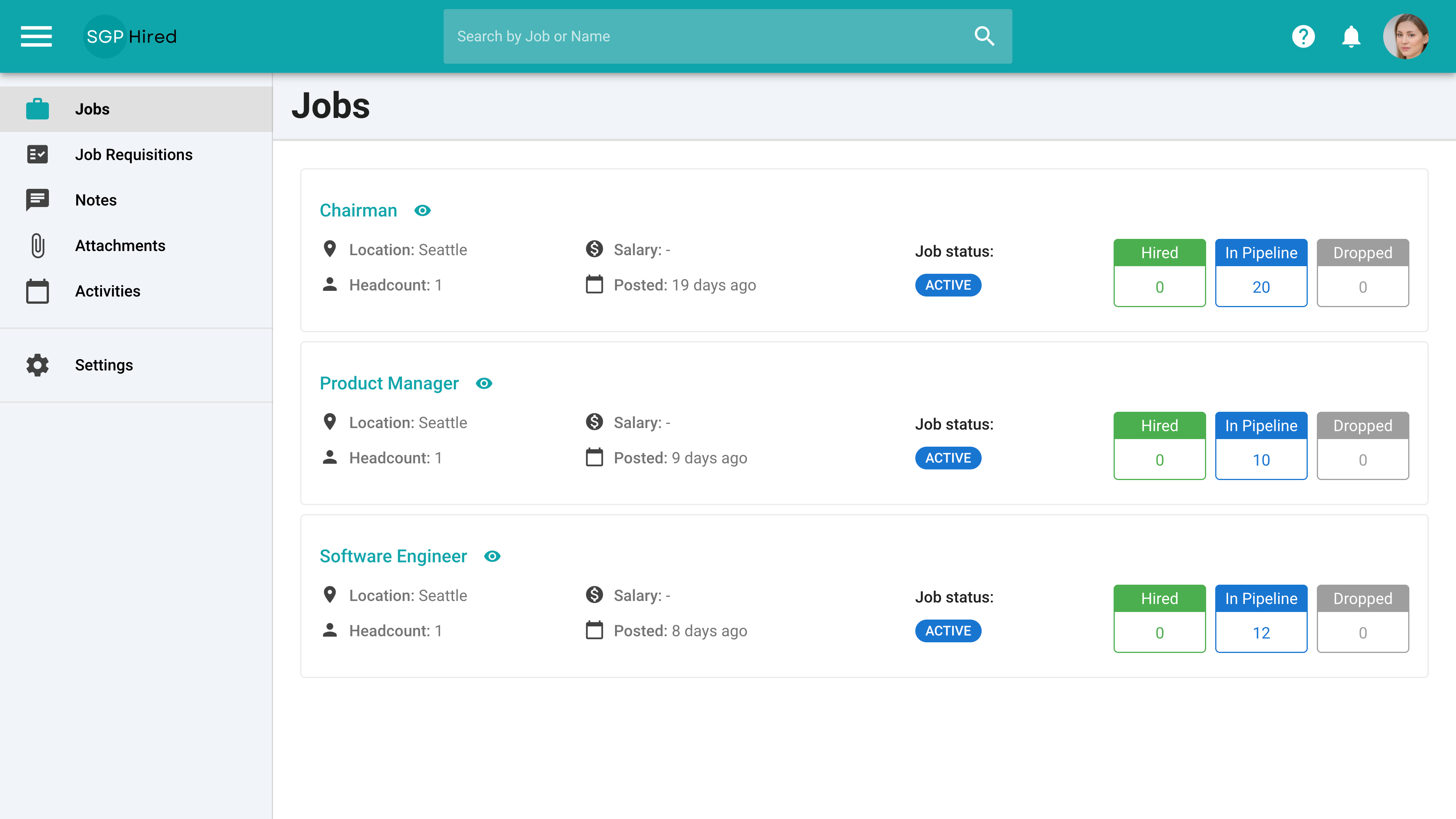Meet Manatal AI Interviewer, your recruiting agent to interview one or thousands of candidates simultaneously.
Learn more

.png)






















































Recruitment CRM stands for "Customer Relationship Management" in the context of recruiting. It is a specialized solution designed to streamline and optimize commercial and placement processes. Such solution enables recruiting professionals to effectively manage communications and relationships with all stakeholders including clients, leads, and candidates throughout the entire recruitment lifecycle.
Typical features of a Recruitment CRM include contact management, client and candidate tracking, job order management, communication history, analytics, and integration with other recruitment tools. These features work together to enhance the efficiency and effectiveness of recruitment operations.
A recruitment CRM (Customer Relationship Management) is built to help recruitment agencies streamline the sales pipeline and establish a strong relationship with their customers through engaging features.
On the other hand, an Applicant Tracking System or ATS is a tool designed to optimize the recruitment process. An ATS can help you track and manage your hiring pipeline.
What sets Manatal's Recruitment CRM apart is its comprehensive approach to connecting all aspects of a recruitment agency's operations. It seamlessly integrates sales-side activities such as lead generation and client relationship management with recruitment operations like candidate sourcing and placement. This holistic approach allows recruitment businesses to improve efficiency, enhance collaboration, make better data-driven decisions, and strengthen relationships with both clients and candidates.
By consolidating these functions into a single platform, Manatal's Recruitment CRM offers a valuable solution for recruitment businesses looking to optimize their processes and gain a competitive edge in the industry.
There’s a good reason why Forbes rated Manatal as the best recruitment software. It is designed to cater to the needs of businesses of all sizes and shapes - from small, medium, or enterprise whether you’re an agency or an independent hiring entity. It also comes with a free trial where you can explore its features and capabilities.
HubSpot and Salesforce are designed for client management and sales pipeline only. These platforms do not cater to other recruiting needs like applicant tracking or recruiting pipeline management. A recruitment-focused CRM like Manatal comes with an Applicant Tracking System that is specifically tuned to help you recruit as well as manage your clients. You can use Manatal’s ATS to efficiently source, identify, manage, and share the right candidates within a few clicks.




















.webp)





.webp)

